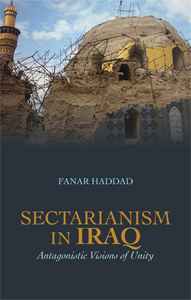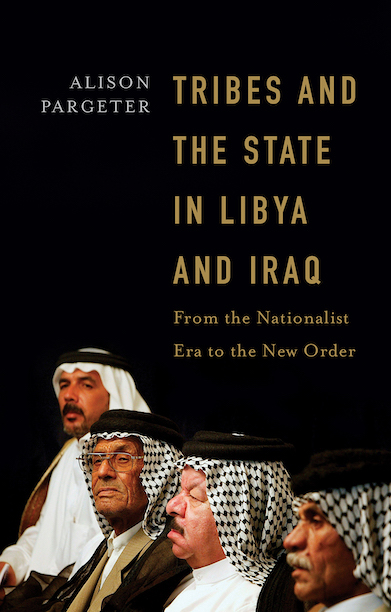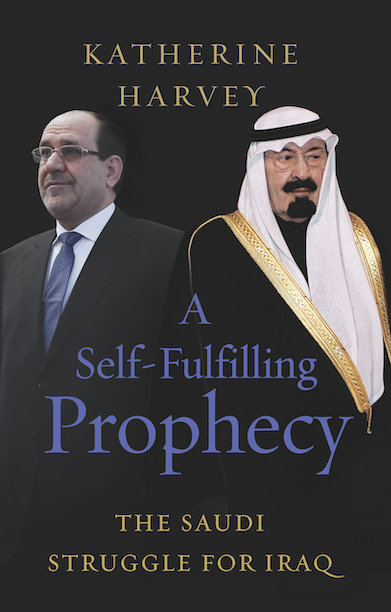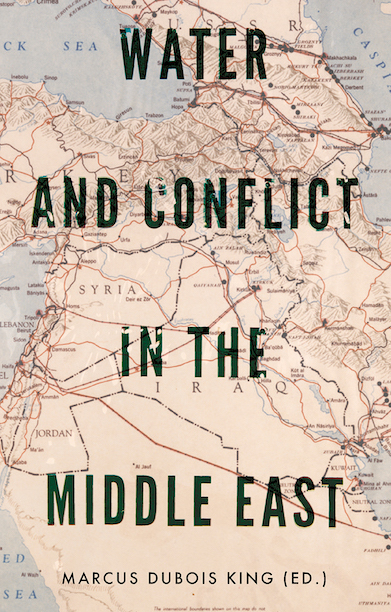Sectarianism in Iraq
Antagonistic Visions of Unity
‘A must for those who would like to understand present day Iraq’ — Ghassan Atiyyah, Director of the Iraq Foundation for Development and Democracy
Description
Viewing Iraq from the outside is made easier by compartmentalising its people (at least the Arabs among them) into Shi’as and Sunnis. But can such broad terms, inherently resistant to accurate quantification, description and definition, ever be a useful reflection of any society? If not, are we to discard the terms ‘Shi’a’ and ‘Sunni’ in seeking to understand Iraq? How are we to view the common Iraqi injunction that ‘we are all brothers’ or that ‘we have no Shi’as and Sunnis’ against the fact of sectarian civil war in 2006?
Fanar Haddad provides the first comprehensive examination of sectarian relations and sectarian identities in Iraq. Rather than treating the subject by recourse to broad-based categorisation, his analysis recognises the inherent ambiguity of group identity.
Sectarianism in Iraq explores the salience of sectarian identities — how they are negotiated in relation to Iraqi national identity and what role they play in the social and political lives of Iraqi Sunnis and Shi’as — focusing particularly on the two most significant turning points in modern Iraqi sectarian relations: the uprisings of March 1991 and the fall of the Ba’ath in 2003.
Reviews
‘Sectarianism in Iraq is a timely examination of an under-researched and controversial topic that continues to play a central role in shaping the country’s future. The book’s stated aim is to provide the first concerted attempt to analyse the nature of sectarian relations and identities in Iraq. … How a society can transition from cohesion to civil war and back to a nominal understanding is the central narrative of the work. [It] makes for particularly interesting reading while the situation in Syria continues to unravel along not such dissimilar lines. … Haddad should be applauded not only for opening the door on further research on the subject but also for killing off the taboo hanging over sectarianism. Particularly with Syria in mind, shining the light on the relationship between sectarianism and nationalism is a key factor in mitigating and managing potential conflict, something that denying its relevance fails to do.’ — James Denselow, International Affairs
‘Fanar Haddad’s work is a major landmark in Iraq studies and in the understanding of the profound issue of sectarianism that has bedeviled its modern history. Haddad skillfully weaves social theory, history and a sure grasp of Iraq’s tortuous politics to produce an admirable and engrossing book.’ — Ali Allawi, author, The Occupation of Iraq and Minister of Trade, Defence and Finance, Iraq, 2003-2006
‘Sectarianism in Iraq provides a valuable insight into the complex interactions of social, religious, political, and ideational dynamics that are all too often referred to as being solely responsible for the devastating decline into near-civil war in Iraq in 2006-7. Haddad presents a nuanced, balanced, at times provocative, account of why Iraqis of different sectarian colour committed the most atrocious acts against each other, while both maintained a near-identical narrative of their nationalist view. Sectarianism in Iraq is a powerful and insightful analysis of one of the most catastrophic events in modern Iraqi history.’ — Gareth Stansfield, Professor of Middle East Politics, University of Exeter
‘Lucid and intriguing, Fanar Haddad’s book crosses the minefield of sectarianism in Iraq with great success. … _ is vanguard study paves the way for further interpretations of this sensitive subject.’ — Ronen Zeidel, director of research at the Center for Iraq Studies, University of Haifa, Israel
‘Sectarianism in Iraq sets a new standard for the academic debate about sectarianism in Middle Eastern politics. Haddad explains the apparent paradox of why there is both a drive for continued sectarian coexistence in Iraq as well as frequent episodes of breakdowns of that lofty ideal.’ — Reidar Visser, Norwegian Institute of International Affairs
‘A must for those who would like to understand present day Iraq’ — Ghassan Atiyyah, Director of the Iraq Foundation for Development and Democracy
Author(s)
Fanar Haddad is a London based analyst of Middle Eastern and Iraqi affairs. This is his first book.






